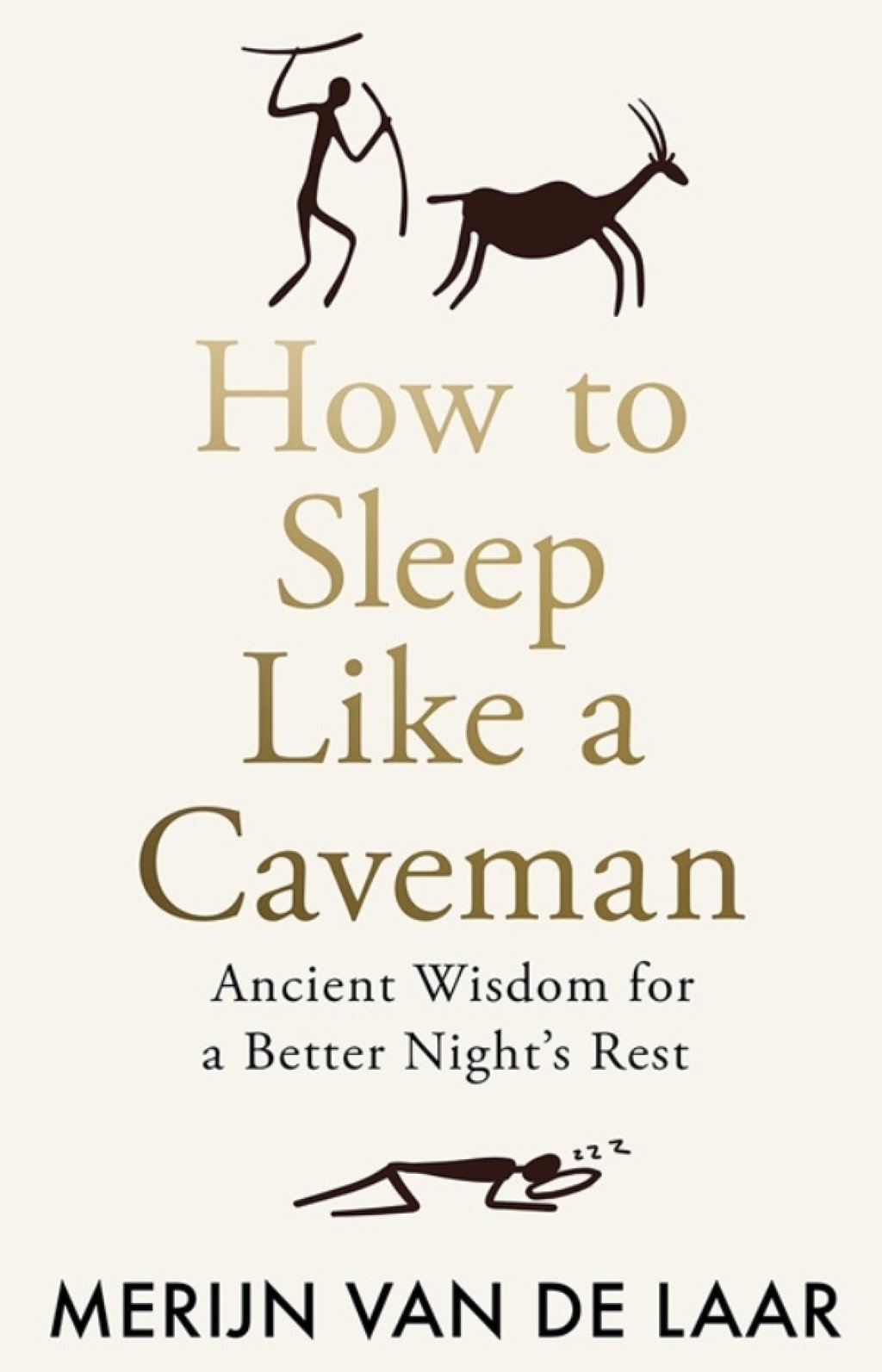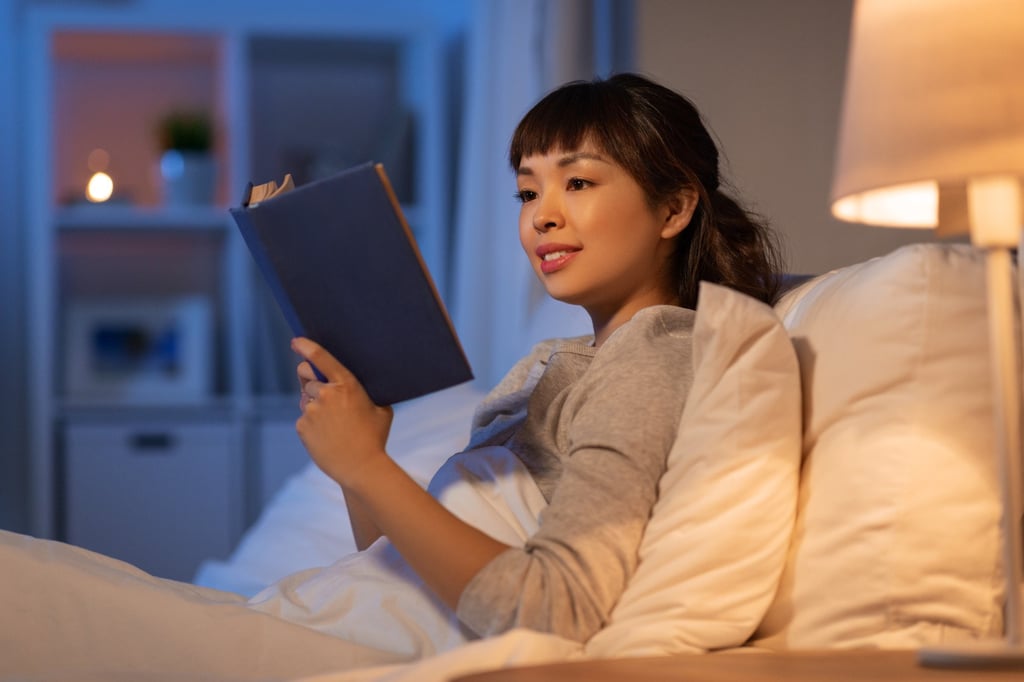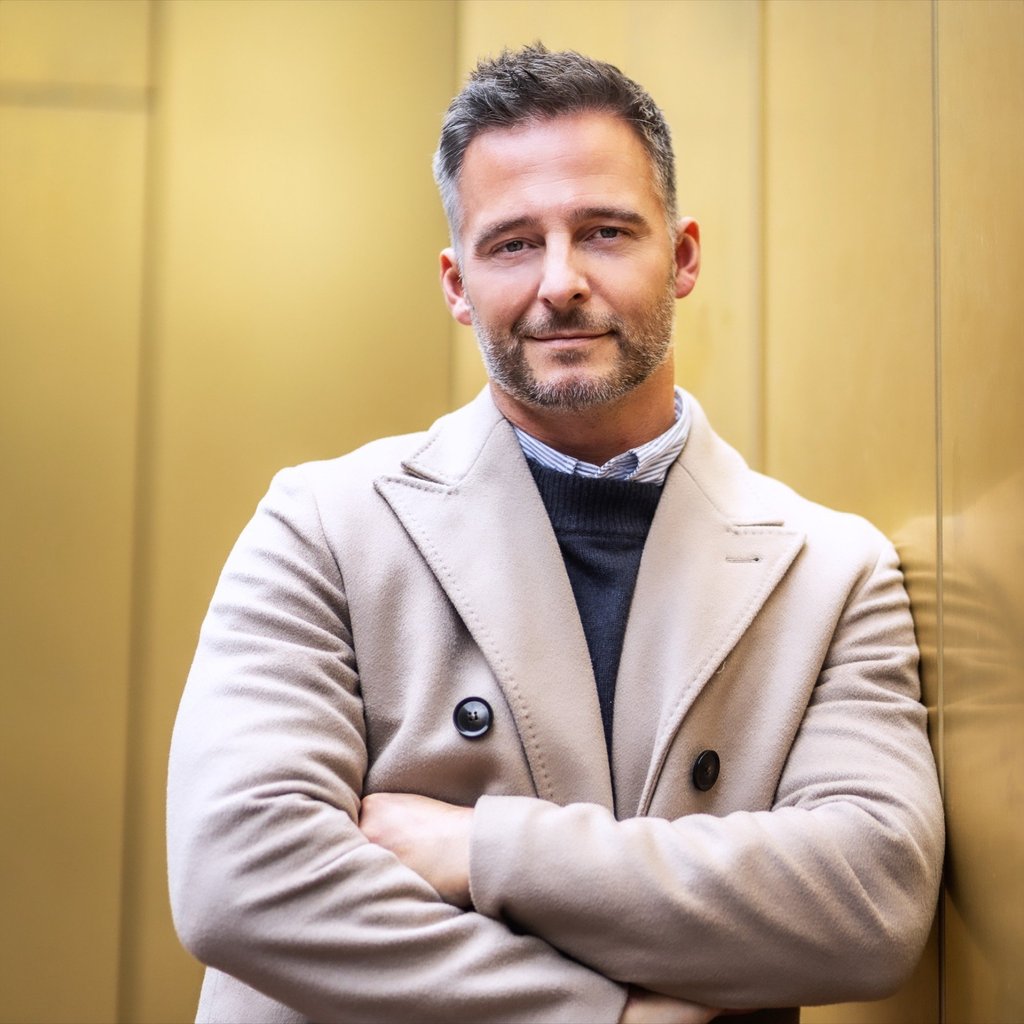From scmp.com
A sleep expert and recovering insomniac offers advice on World Sleep Day for people who lie awake at night worrying about not resting
Imagine this: you really need a good night’s sleep – maybe you have an important meeting or athletic event in the morning – so you get to bed early and wait for sleep to arrive. It does not.
You toss and turn, plump your pillow, toss and turn some more and – big error this one – you check the time. Research says you have just added 20 minutes to the time it is going to take you to fall asleep.
So begins an insomnia episode.
Dutch sleep therapist Merijn van de Laar is the author of the recently published How to Sleep Like a Caveman: Ancient Wisdom for a Better Night’s Rest. He is also a recovering insomniac. As he admits, it is rather ironic that a sleep therapist should have had insomnia. You might think he would have known better?
Van de Laar began to suffer from chronic insomnia in his late twenties. He sought answers in books but failed to find anything that helped.
His aim with his book is to deliver the science of sleep and bring comfort to the thousands of us who face our own insomnia battles.
Roughly one in three adults worldwide have some kind of insomnia symptom – such as struggling to fall asleep or to maintain sleep – and for 10 per cent of adults the symptoms are severe enough to qualify as insomnia disorder.
The problem, says Van de Laar, is that when you sleep badly you grow increasingly anxious about sleeping well and increasingly fretful about bedtimes.
Feeling calm has to be the first step to sleeping better, he says, and a lot of tension around sleep is unnecessary as it is built on information that is incorrect – particularly the eight-hour rule.
The idea that we all need eight hours of sleep a night began in the 19th century during the Industrial Revolution, when a Welsh textile mill owner and social reformer, Robert Owens, advocated for eight hours of work, eight hours of play and eight hours of sleep a day.
He did it to regulate the length of a working day; however, inventions like electric lights, which meant factories could operate for longer, eventually saw many labourers forced into working much longer hours. Meanwhile, the unhelpful dogma that we all needed eight hours of sleep stuck.
Hong Kong-based infant and adult sleep coach Gemma Fisk says that the US-based National Sleep Foundation recommends adults should aim for seven to nine hours of sleep each night.
However, she encourages her clients “to note how they feel when they wake up [and], considering the sleep they obtained the night before, work out how much they need specifically to feel their best”.
In her experience, people who claim to feel satisfied with six hours of sleep or less have often had too little sleep for too long and “have forgotten how refreshed they feel with a consistent eight hours every night”.
She says, though, that setting a goal of eight hours of sleep for someone who struggles to get six hours can provoke huge anxiety.
Van de Laar says that most people’s goal should not be more sleep but less restless wake time.
It is normal to be awake at points during the night, even 20 per cent of the night, he says, but a lot of people think this is terrible.
He describes the lives of traditional tribes, for example the hunter-gatherer Hadzabe tribe in northern Tanzania, who are, on average, awake for a couple of hours during the night and do not report sleeping problems. He was so intrigued by this that he dove into the research and explored the way the Hadzabe live to explain how they sleep.
We often do not give ourselves the time to wind down – we exercise late when we should avoid doing so in the two hours before bed. Sometimes we also eat too late.
We also labour under the eight-hour idea when in fact only 15 to 25 per cent of adults actually need that much sleep a night, Van de Laar says.
Working at a sleep centre in the Netherlands, Van de Laar found himself immersed in sleep at work and believes it was partly the focus on sleep itself that was one of the reasons for his insomnia.
A colleague observed how tired he looked and encouraged him to adopt a sleep restriction programme.
Sleep restriction involves going to bed late, or later than usual, and getting up early, slowly increasing the amount of hours in bed until you find your optimum. You might begin with just five-and-a-half hours, then work up to six and so on until you find what is best for you.
“The hours in bed may be fewer but sleep quality is better,” Van de Laar says.
It worked for him. Within days he was sleeping better and within weeks was sleeping normally again, for him. Remember: we all have our own “normal”, he says.
Sleep restriction works because of the biological mechanism behind it: the lack of sleep drives sleep pressure or sleep hunger, which is fuelled by a neurotransmitter called adenosine.
We need enough of it in our brains to help us drop off to sleep and then keep us asleep. Sleep restriction drives the production of adenosine up. It is successful in restoring better sleep in up to 85 per cent of people who suffer sleep issues, he says.
If you wake up during the night, do not leap up straight away. Give yourself time to drop back off and if you still cannot sleep, get up and do something relaxing – watch a favourite series or read a book.
You cannot sleep when you are tense, Van de Laar says. “You cannot even try to sleep.”
3 more tips to help you sleep like a caveman
Do not watch the clock
Do not go to bed hungry, but do not go to bed on a full stomach, either
Do not spend good money on expensive sleep products
“Sleep is cheap,” Van de Laar says. You just need a dark room, the time to sleep, the right information and a bed of sorts.




No comments:
Post a Comment